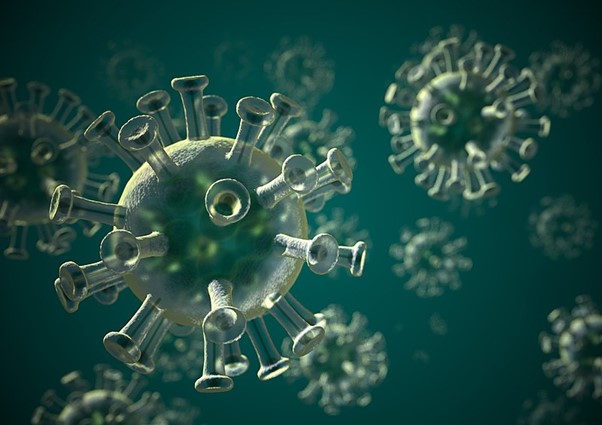

New drugs could soon be in the offing for Zika virus infection with a team of scientists at the Institute of Medical Sciences in Banaras Hindu University, Varanasi, getting new insights into how the virus multiplies inside the host.

Researchers at the Indian Institute of Science Education and Research Bhopal have sequenced the genome of Giloy, a medicinal herb that is extensively used in allopathic pharmaceuticals and ayurvedic formulations to treat various health conditions

The study led by Massachusetts General Hospital for Children and Brigham and Women's Hospital, Boston, USA, has revealed the critical mechanism that triggers the onset of Multisystem Inflammatory Syndrome in children.

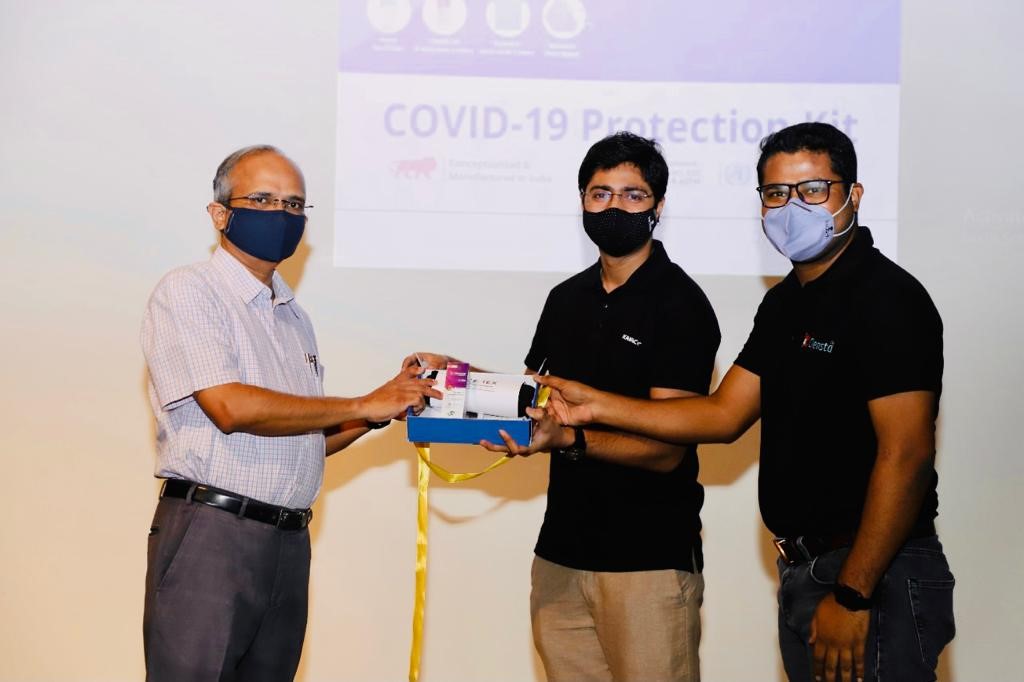
Indian Institute of Technology, Delhi incubated startups E-TEX and Clensta have teamed up and launched a complete antiviral protection kit for the masses at an affordable price
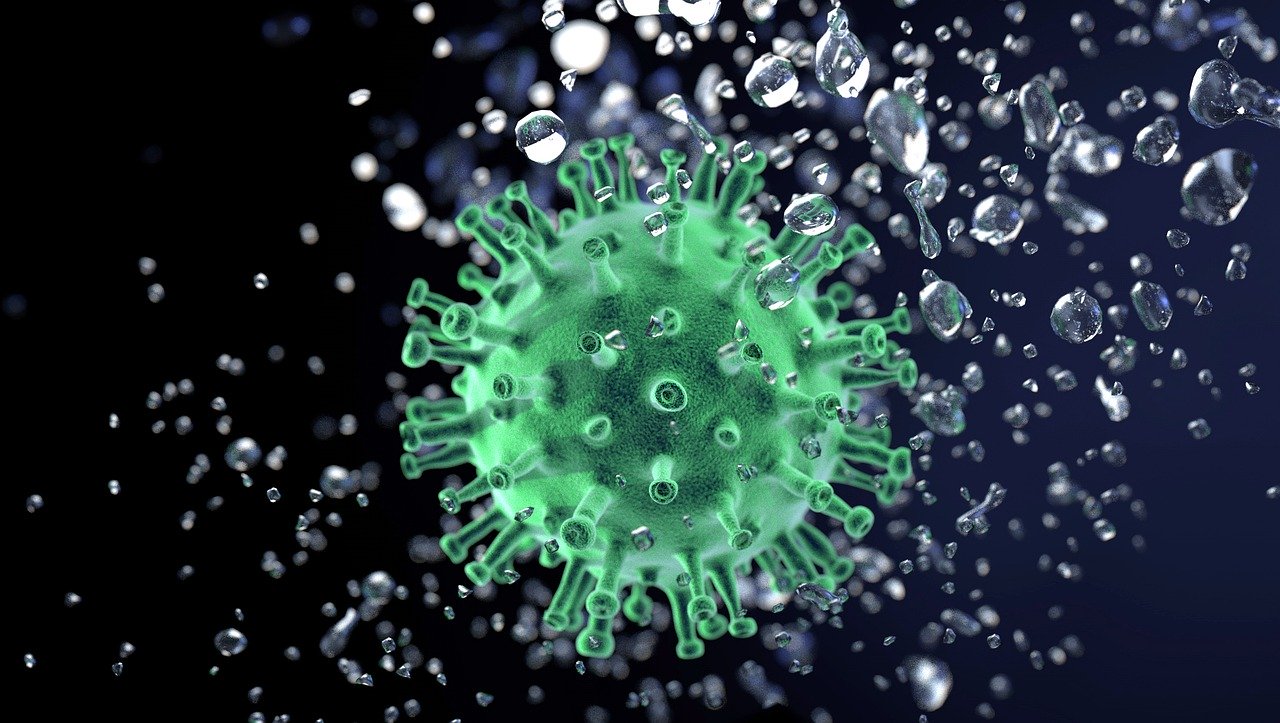
Indian Institute of Technology Guwahati in collaboration with Workspace Metal Solutions Private Limited, Udaipur, has developed a first-of-its-kind self-check kiosk.
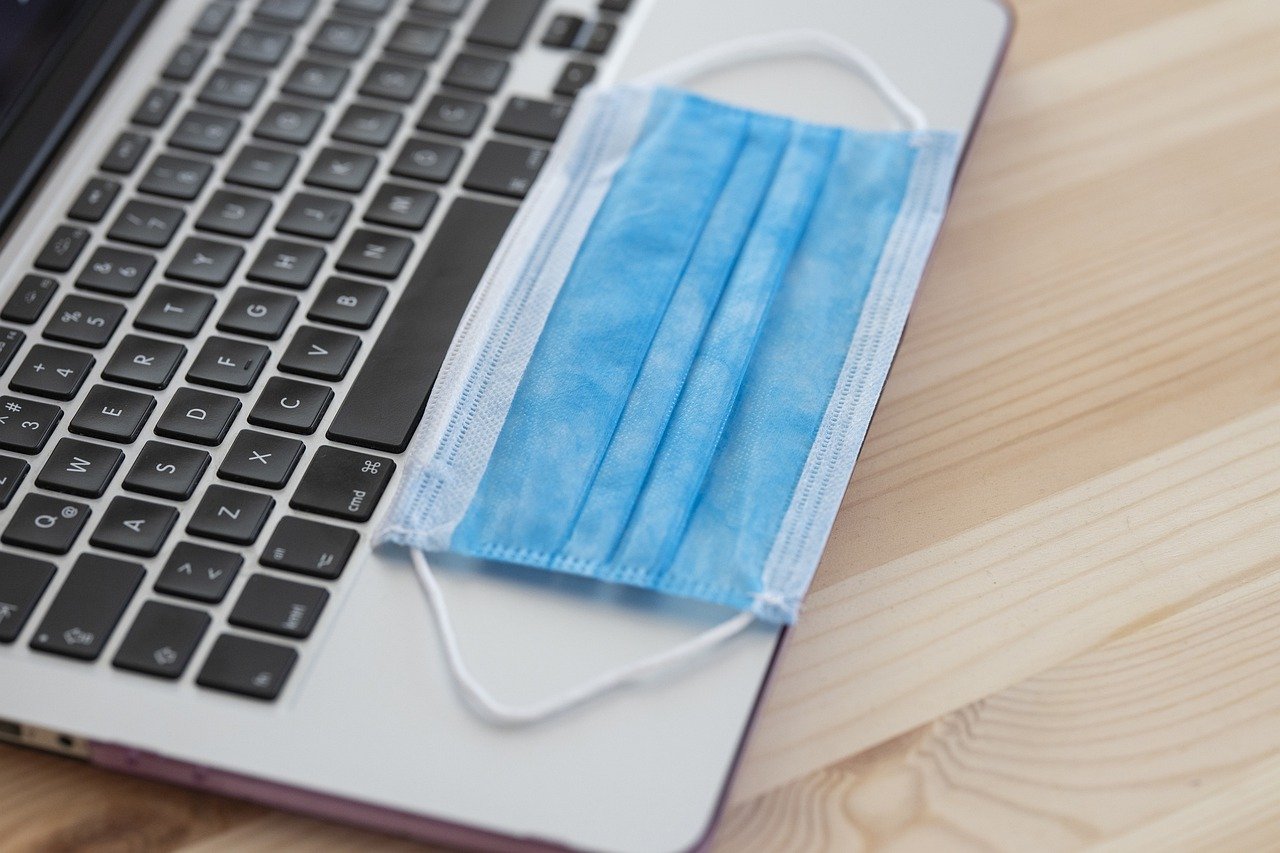
A research team from the Indian Institute of Technology Mandi in collaboration with researchers from Virginia Commonwealth University and the University of South Florida, USA, has used computational tools to understand an important part of the viral proteome called Intrinsically Disordered Protein Regions
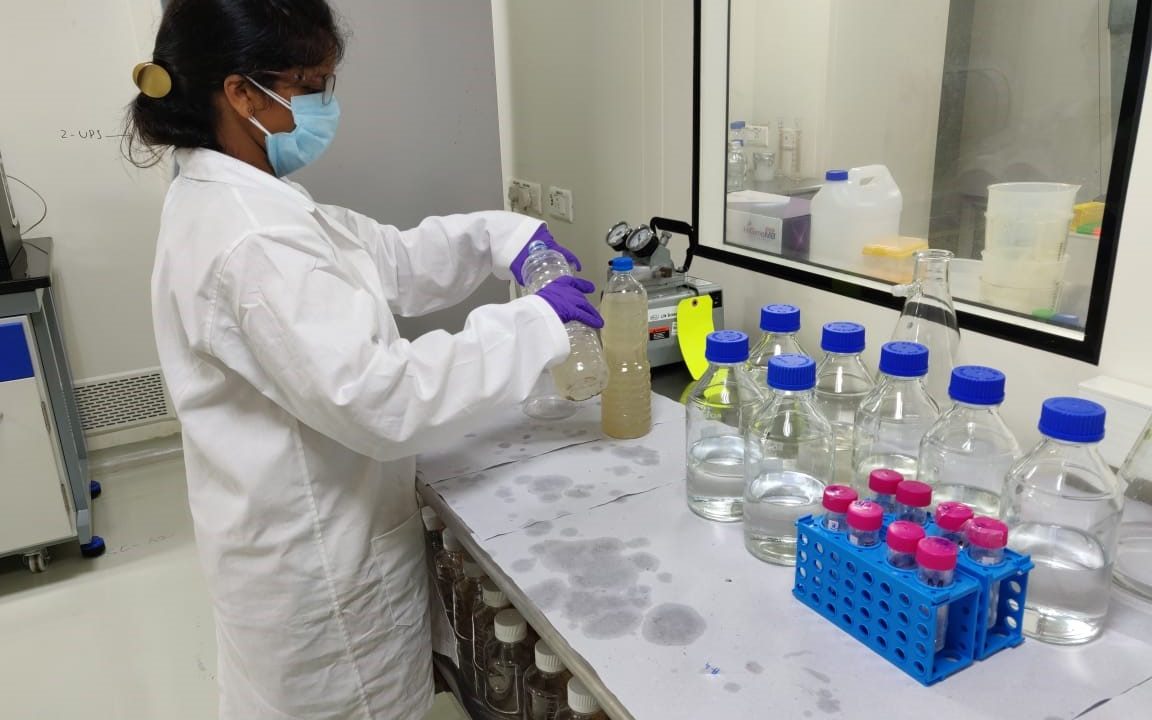

The Drug Discovery Hackathon 2020 training program kick-started with lectures on different topics. It is an online platform to take open source drug discovery to a higher pedestal in the crusade against the COVID-19 pandemic
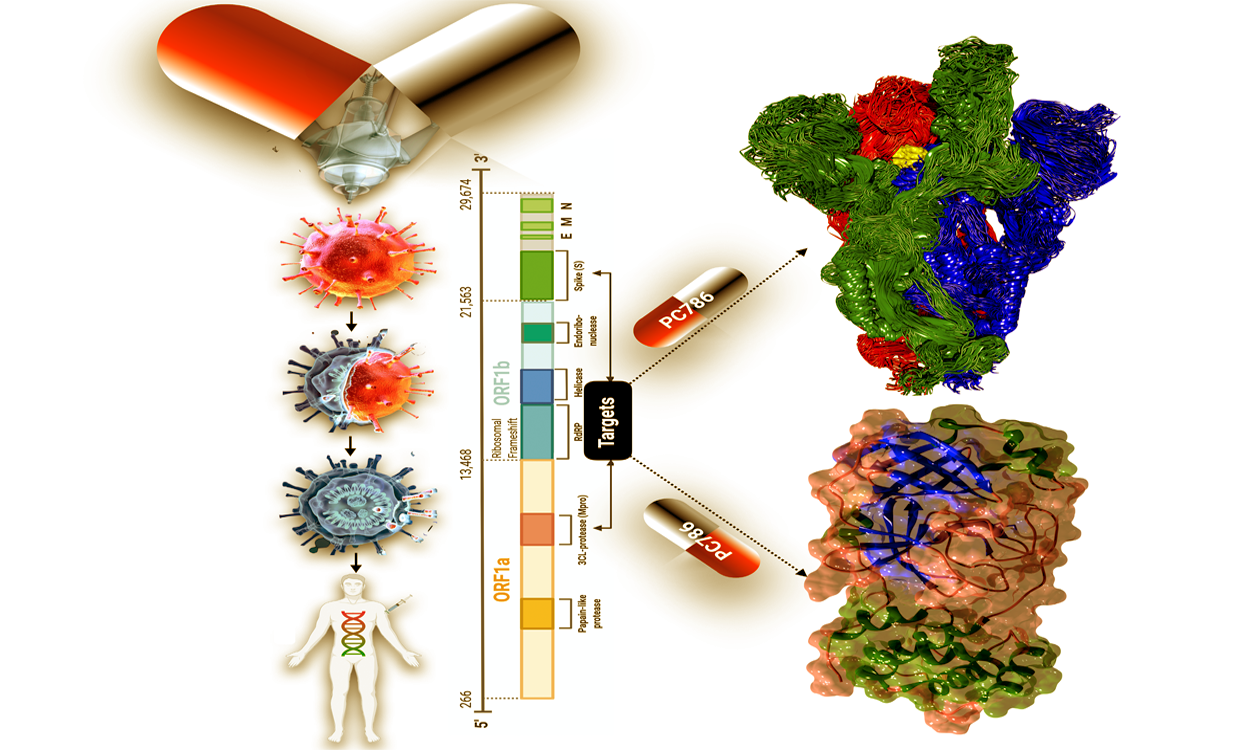
Using bioinformatics approaches, the research team has succeeded in identifying 38 anti-coronaviral drugs from a pool of antiviral drug candidates.
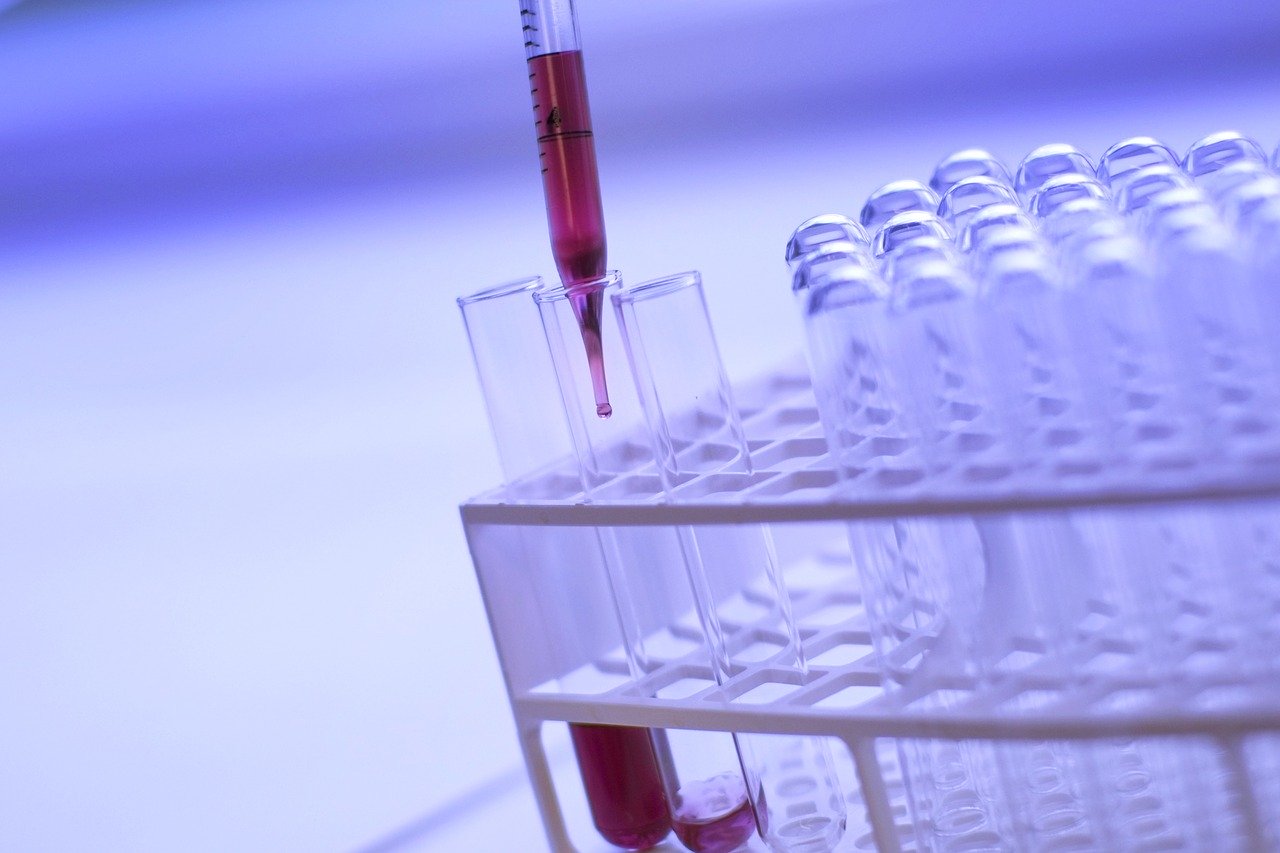
The National Botanical Research Institute has established an “Advanced Virology Lab” for testing COVID-19. The facility has been developed based on the guidelines of the Indian Council Medical Research, World Health Organisation, and the Ministry of Health and Family Welfare.


The Council of Scientific and Industrial Research is working with Intel India and International Institute of Information Technology, Hyderabad, to help achieve faster and less expensive COVID-19 testing and coronavirus genome sequencing to understand the epidemiology and Artificial Intelligence-based risk stratification for patients with co-morbidities.
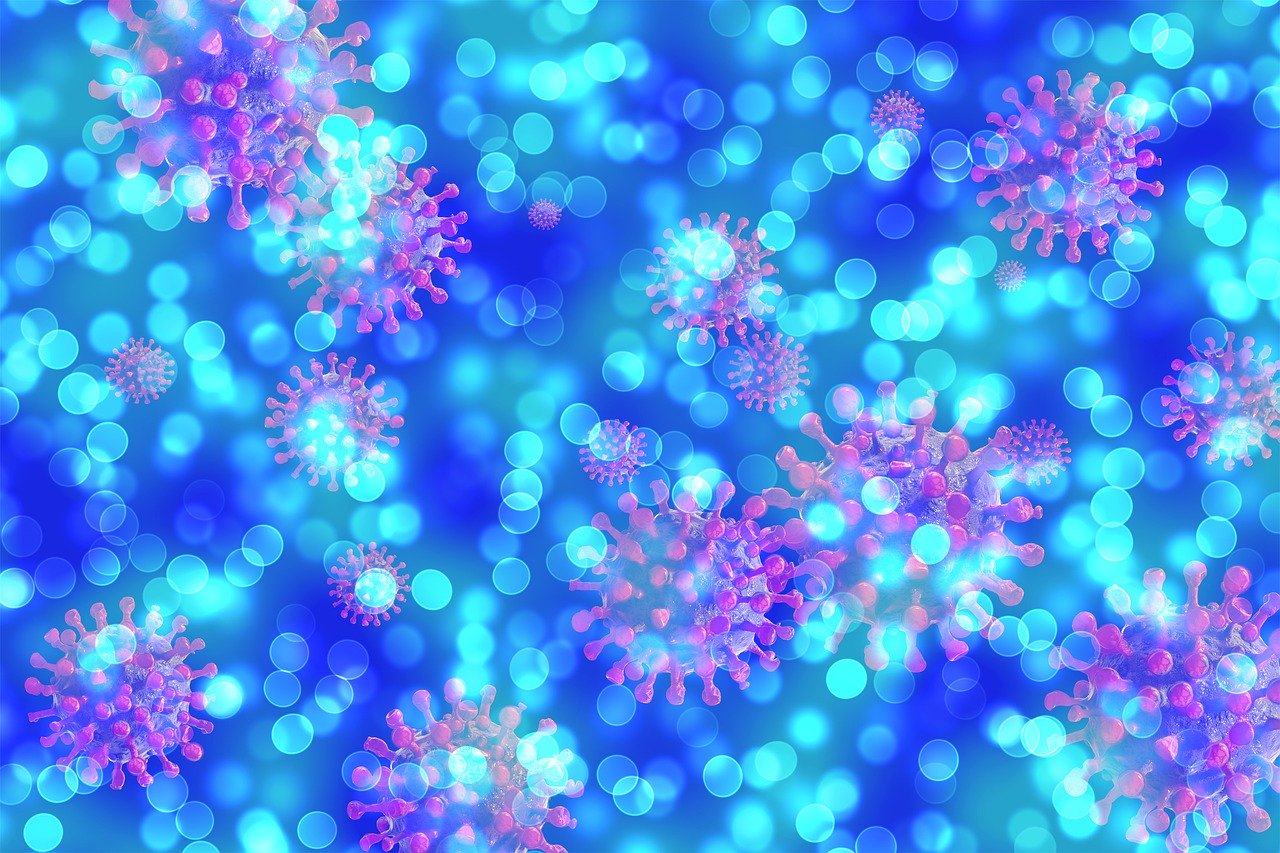
Scientists at CSIR-Central Mechanical Engineering Research Institute have developed two mobile indoor Disinfection Sprayer units. These units can be used for cleaning and disinfecting pathogenic micro-organisms effectively, especially in hospitals.

The Indian Council for Medical Research has fast-tracked the roll-out of the global ‘Solidarity’ trial launched by the World Health Organization towards finding an effective treatment for COVID-19.
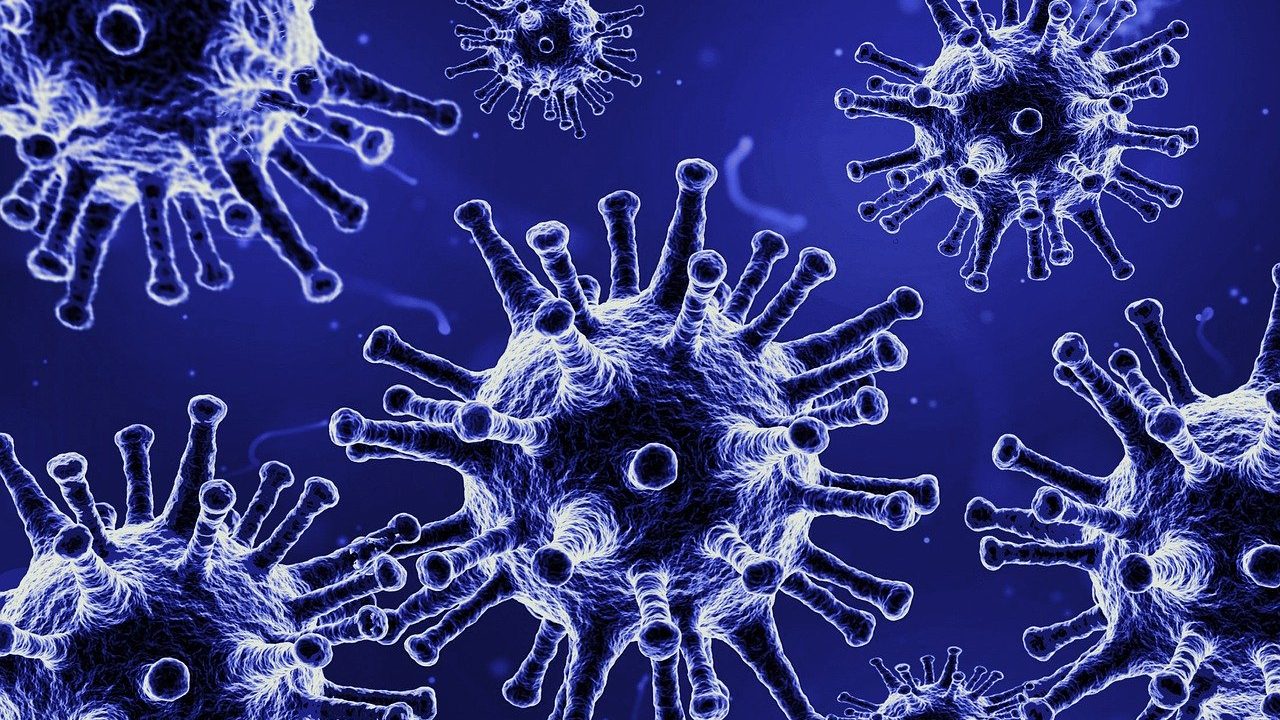
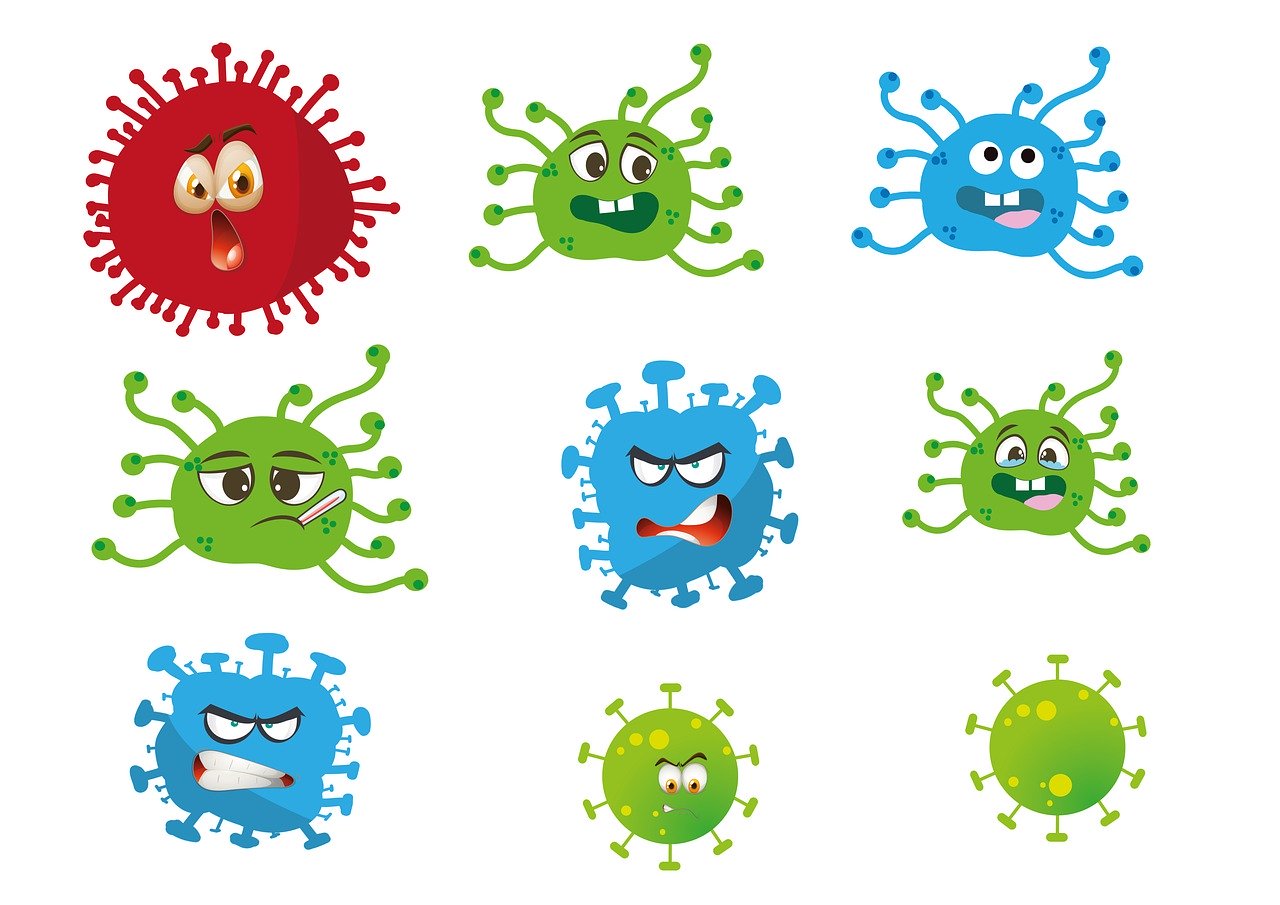
The Institute of Genomics and Integrative Biology has transferred the technology Feluda to Tata Sons for further development and commercialization.

An IIT Delhi start-up "Nanosafe Solutions" has launched an antimicrobial and washable face mask "NSafe", which is reusable up to 50 launderings, thus greatly cutting down the cost of use.
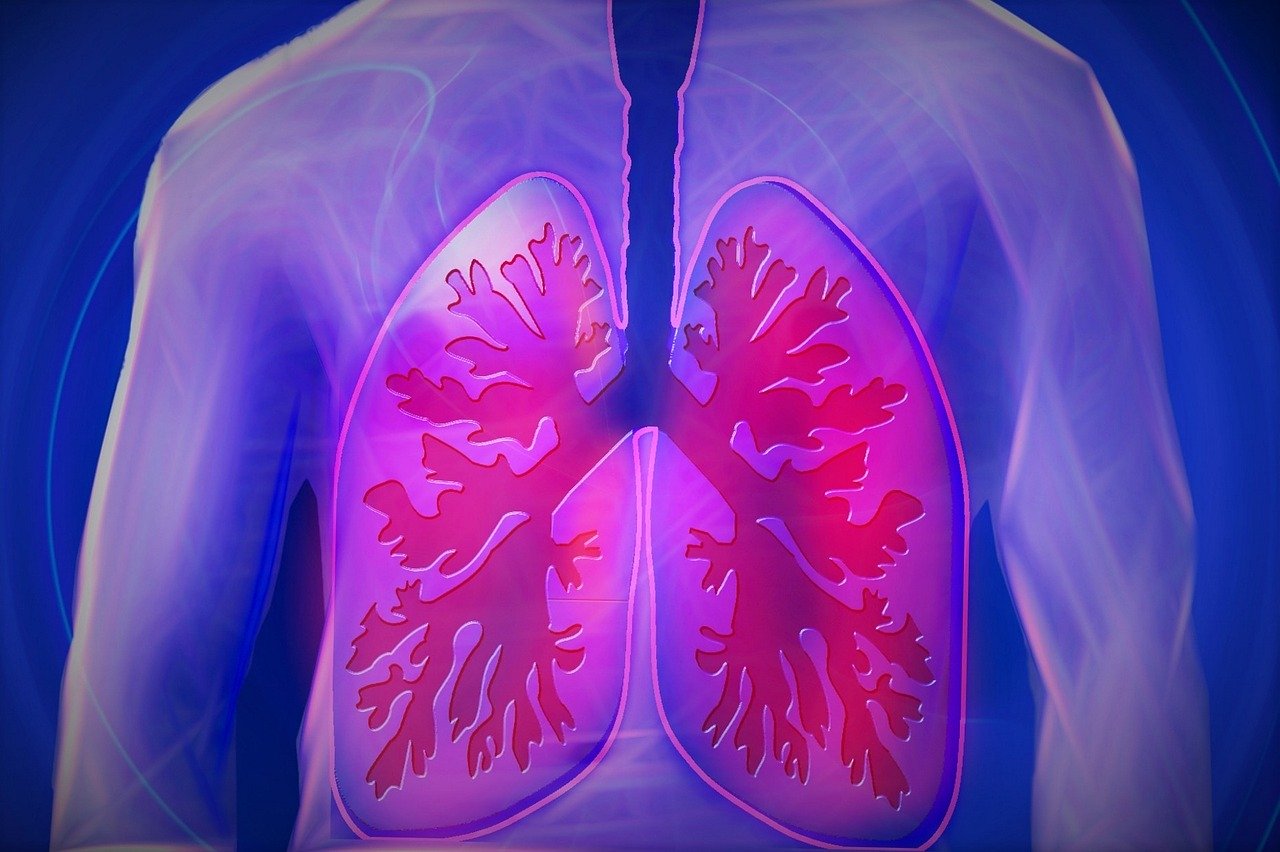
Centre for Cellular and Molecular Biology (CCMB), Hyderabad has tied up with a Bengaluru-based company, Eyestem Research Private Limited, to take up research activities on COVID-19. Through this research collaboration, an attempt will be made to grow novel coronavirus in human cell lines, which will enable in vitro testing of potential drugs and vaccines against […]

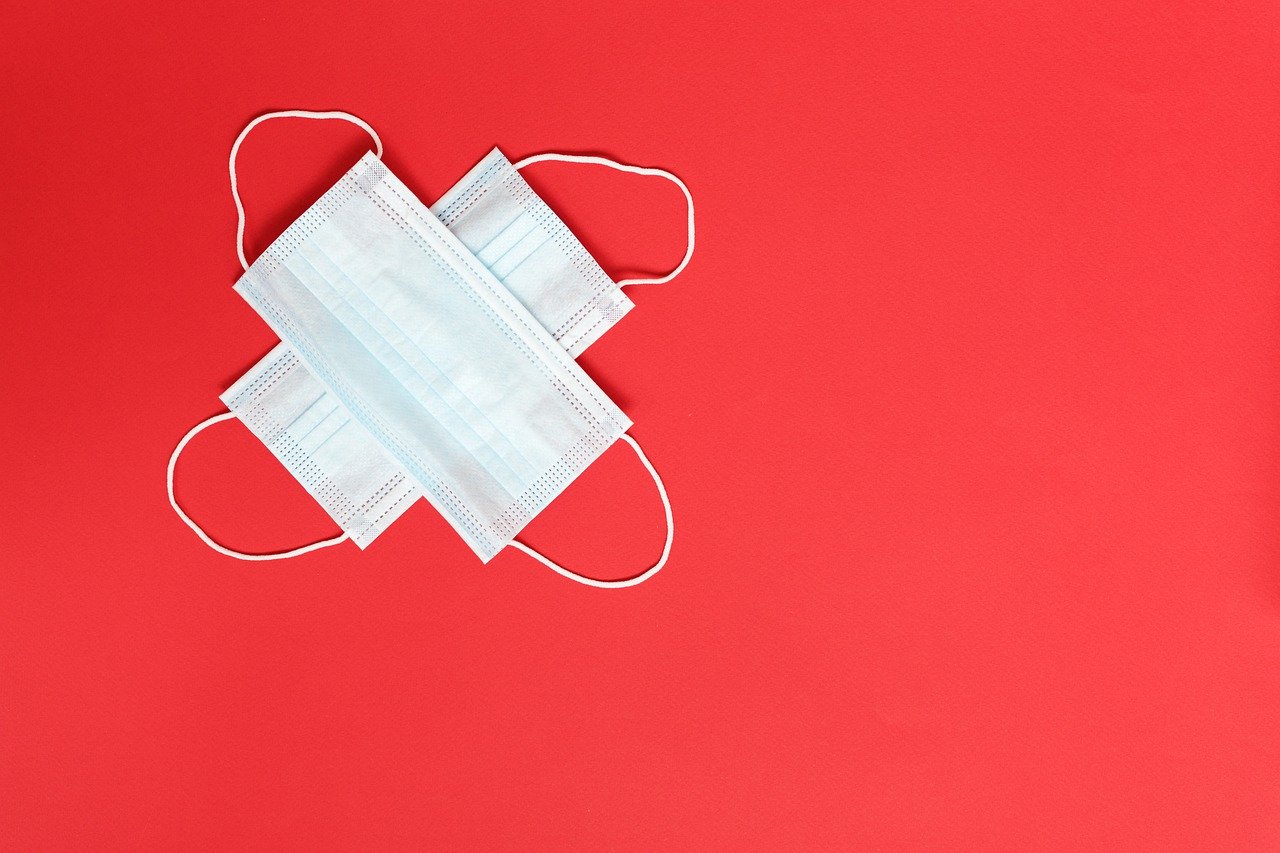
Indian Institute of Toxicology Research is now working on three verticals, out of five taken up by CSIR against the coronavirus, which includes a new COVID-19 testing facility being started from 2nd of May
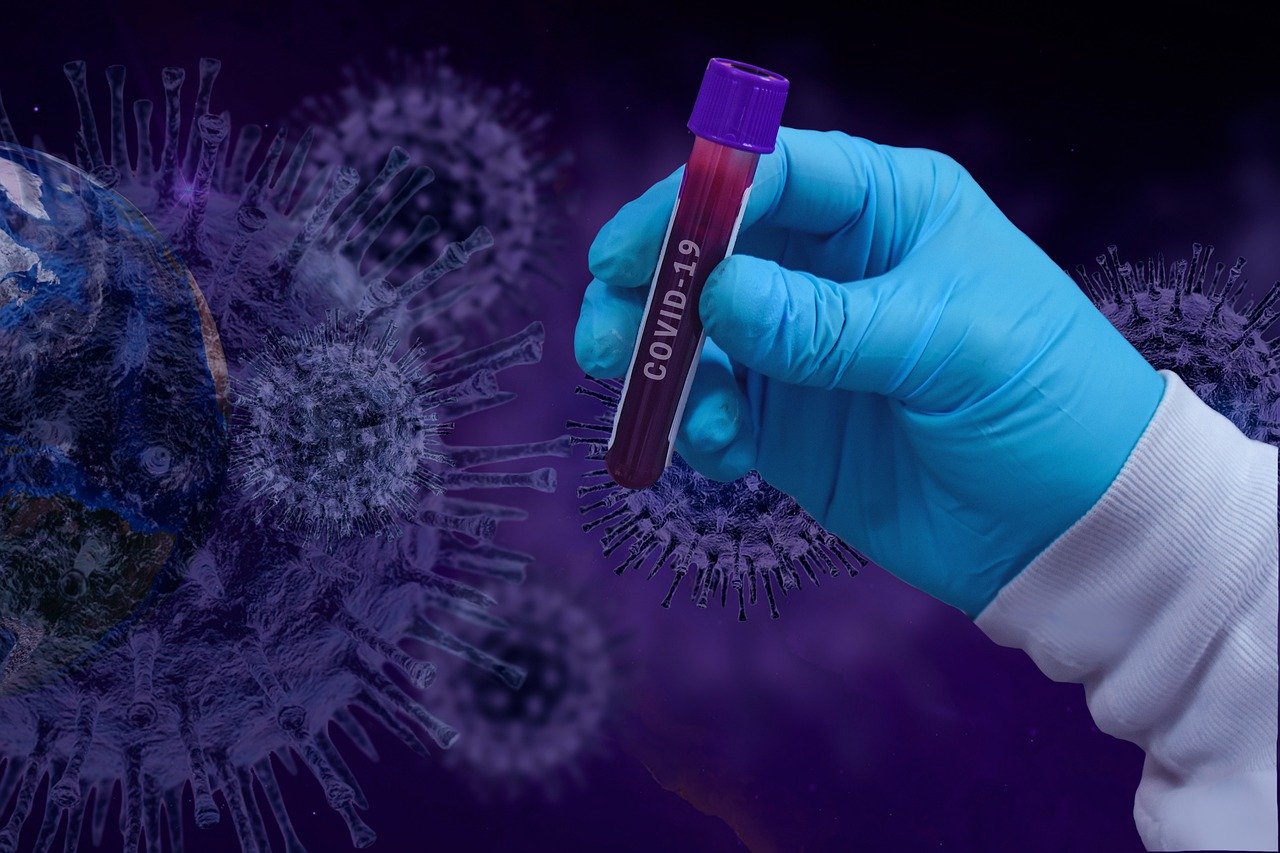
The Indian Institute of Petroleum is establishing an RT-PCR-based COVID-19 viral testing facility in its Dehradun campus. IIP is a constituent laboratory of Council of Scientific and Industrial Research

CSIR has identified 25 drugs/drug candidates for repurposing. Among these 25 drugs, Favipiravir - a broad-spectrum inhibitor of viral RNA polymerase - has emerged as one of the most promising drugs.
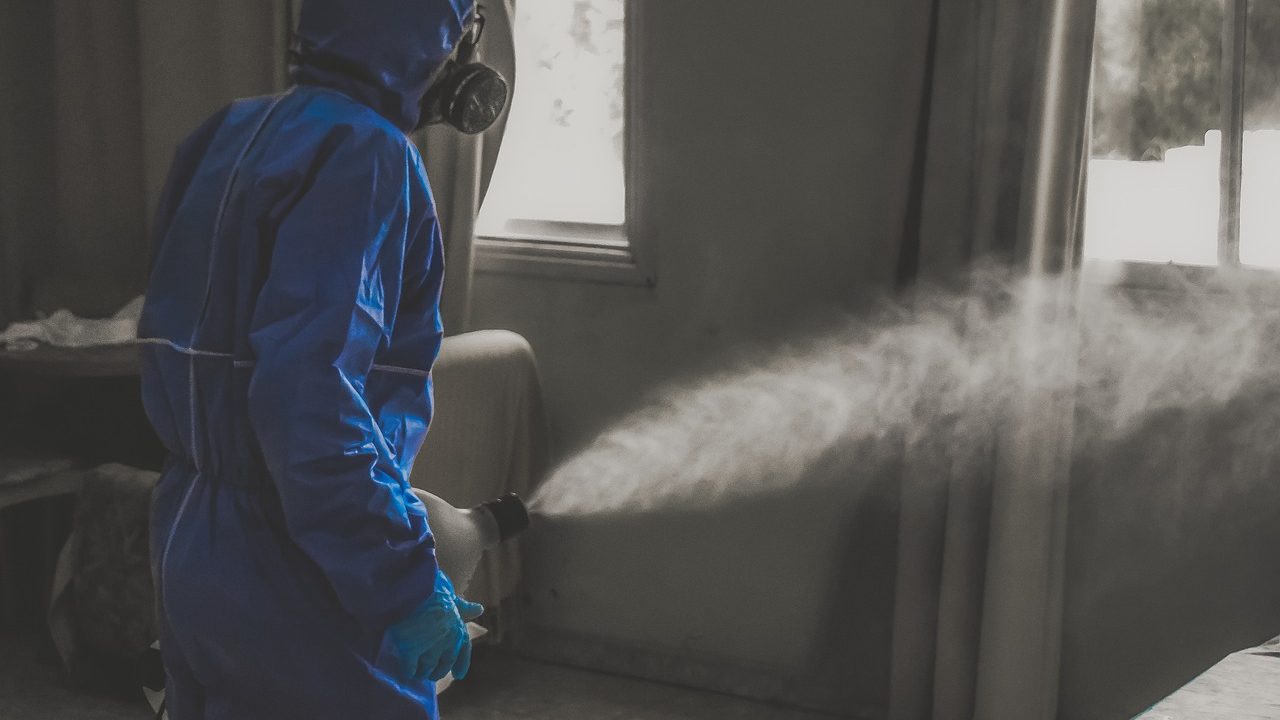
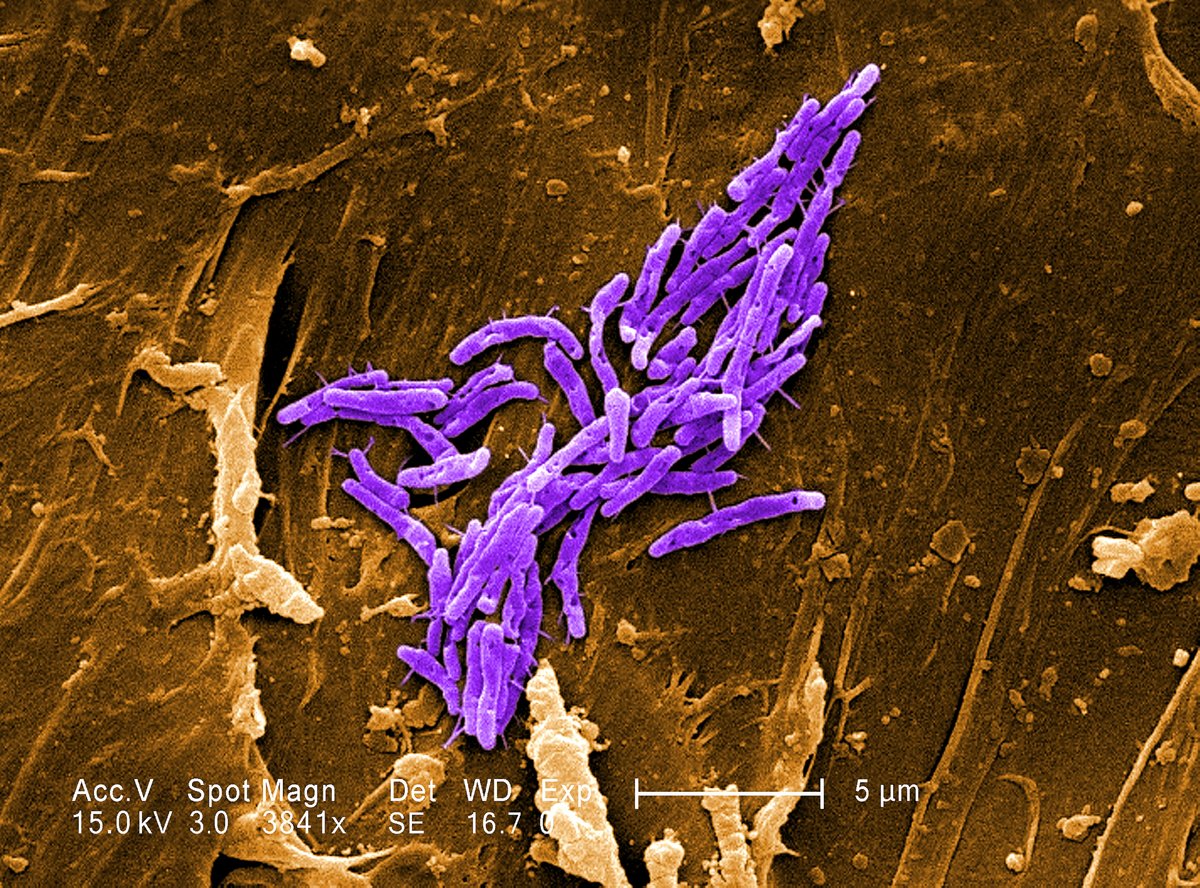
Council of Scientific and Industrial Research has decided to repurpose an approved immunomodulator called Sepsivac to enhance the innate immunity of the body to limit the spread of COVID-19 and fasten the recovery of COVID-19 patients.
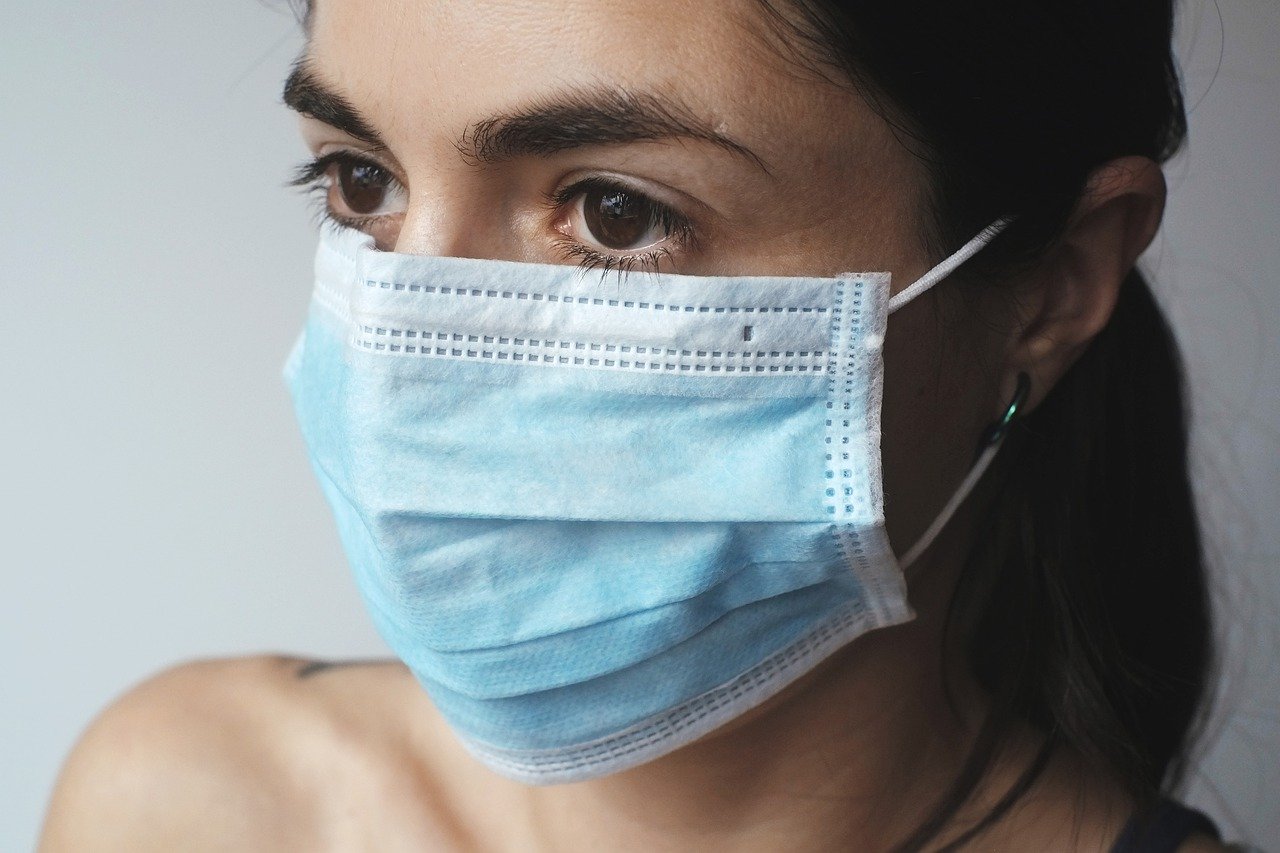
National Botanical Research Institute has developed a herbal decongestant spray to address the issues of difficulties in breathing and congestion in the respiratory system

The Centre for Cellular and Molecular Biology and the Institute of Genetics and Integrated Biology, along with a few other institutions, are working for the digital and molecular surveillance of the spread of novel coronavirus to understand the biology, epidemiology and disease impact
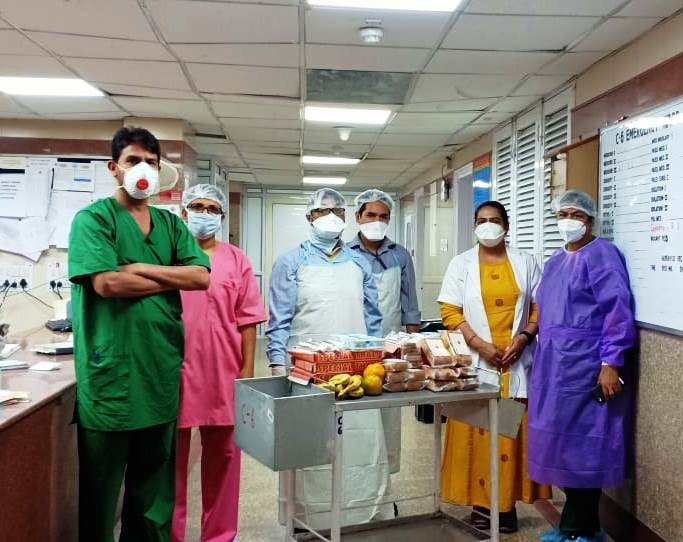
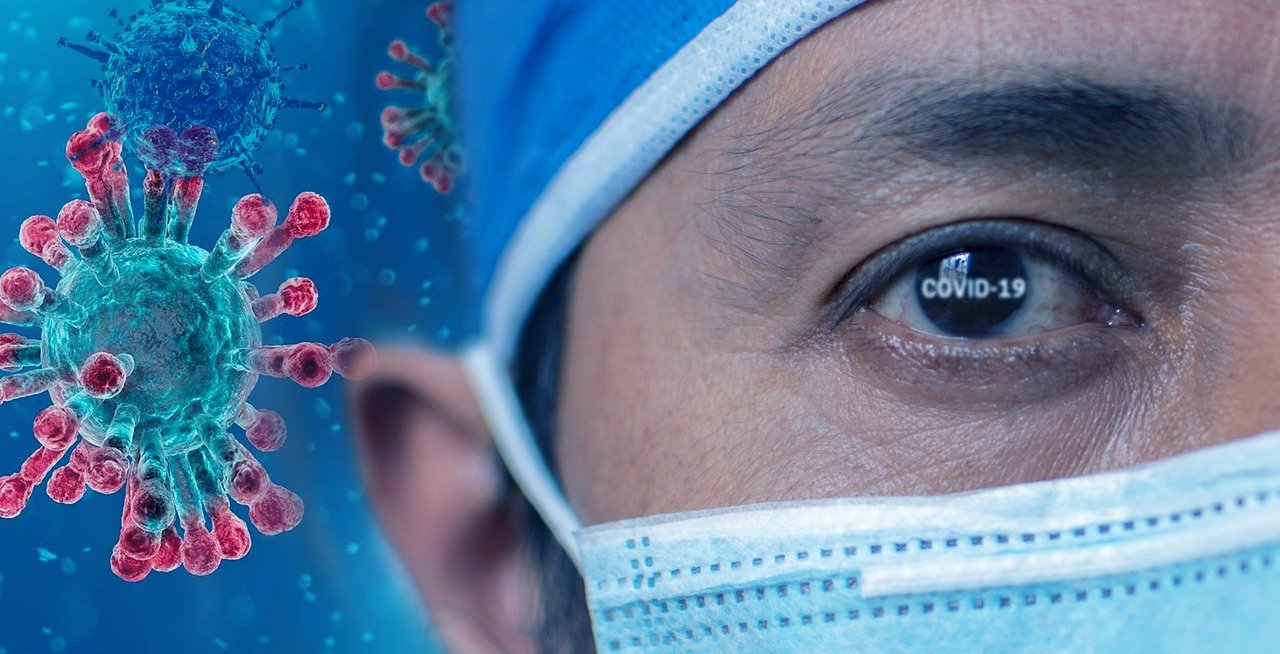
The National Aerospace Laboratories has developed cost-effective and quality-certified fabric-based personal protective suits. NAL, along with MAF Clothing Private Limited, has developed these suits.
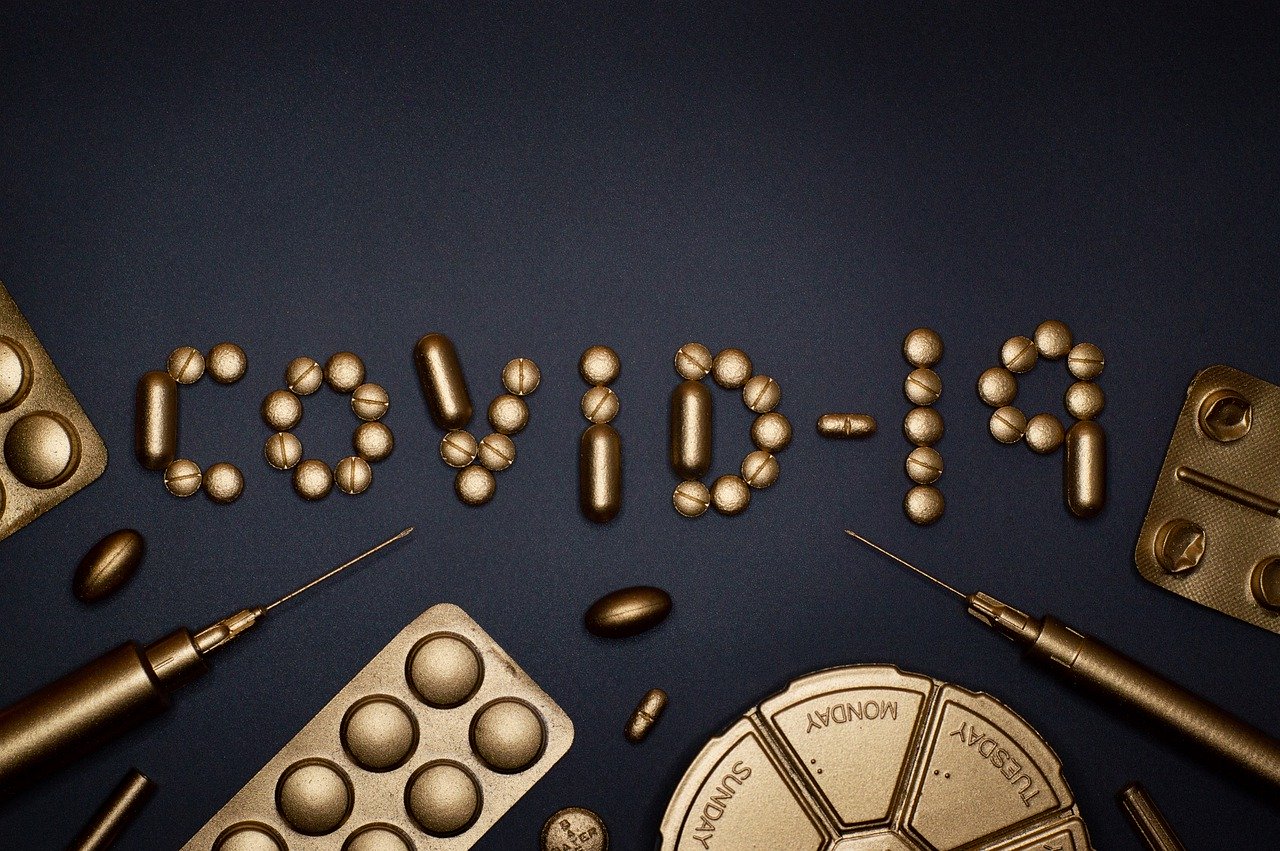
As of now, eight different variants of the virus are known to be causing the COVID-19 infection. A CDRI team has been put into place for analyzing whether changes to the viral sequences, if any, will impact the proposed treatment strategies.
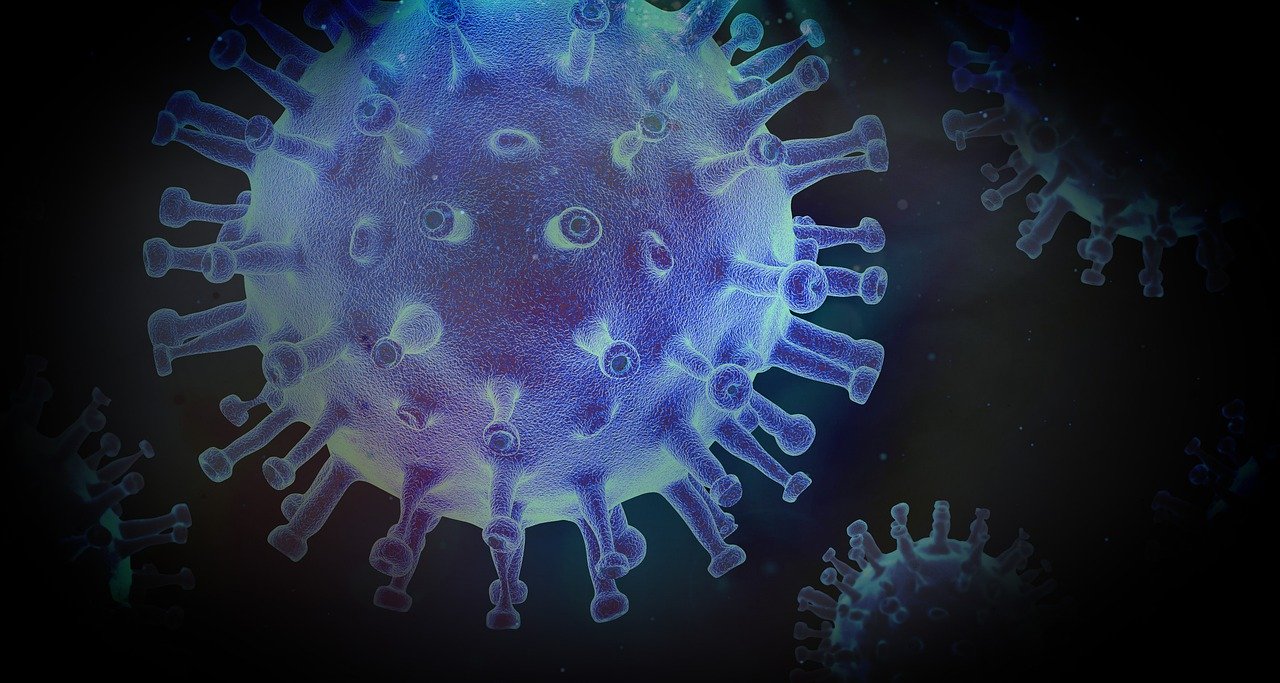
Professor Chaudhary’s group is isolating genes encoding antibodies, which can neutralize the SARS-CoV-2, using a large antibody library already available in-house as well as a library made from cells of patients who have recovered from COVID-19 infection.

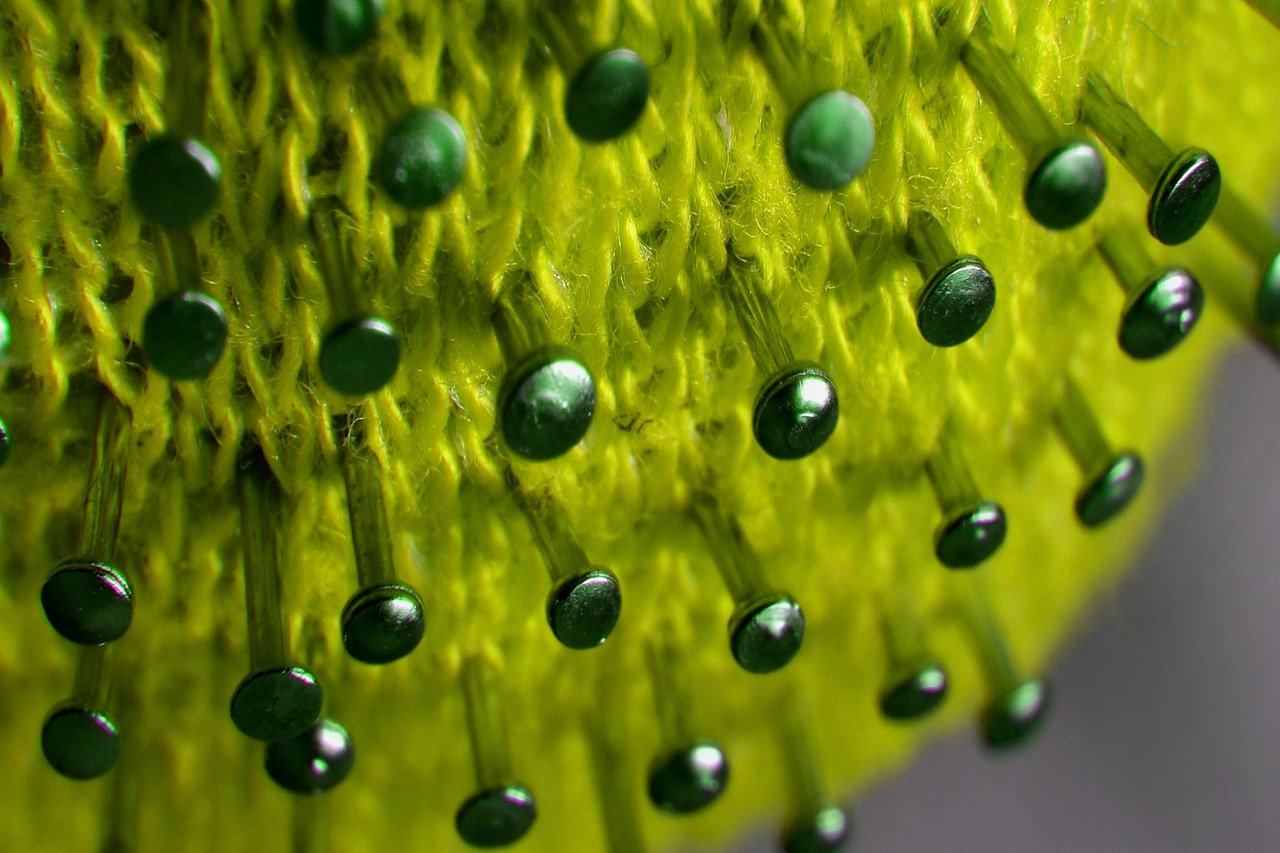
The Centre for Cellular and Molecular Biology, Hyderabad, and the Institute of Genomics and Integrative Biology have started working together on the whole-genome sequencing of the COVID-19 virus.

Mysuru-based CSIR-Central Food Technological Research Institute has joined hands with the district administration by making available equipment needed for testing of samples.
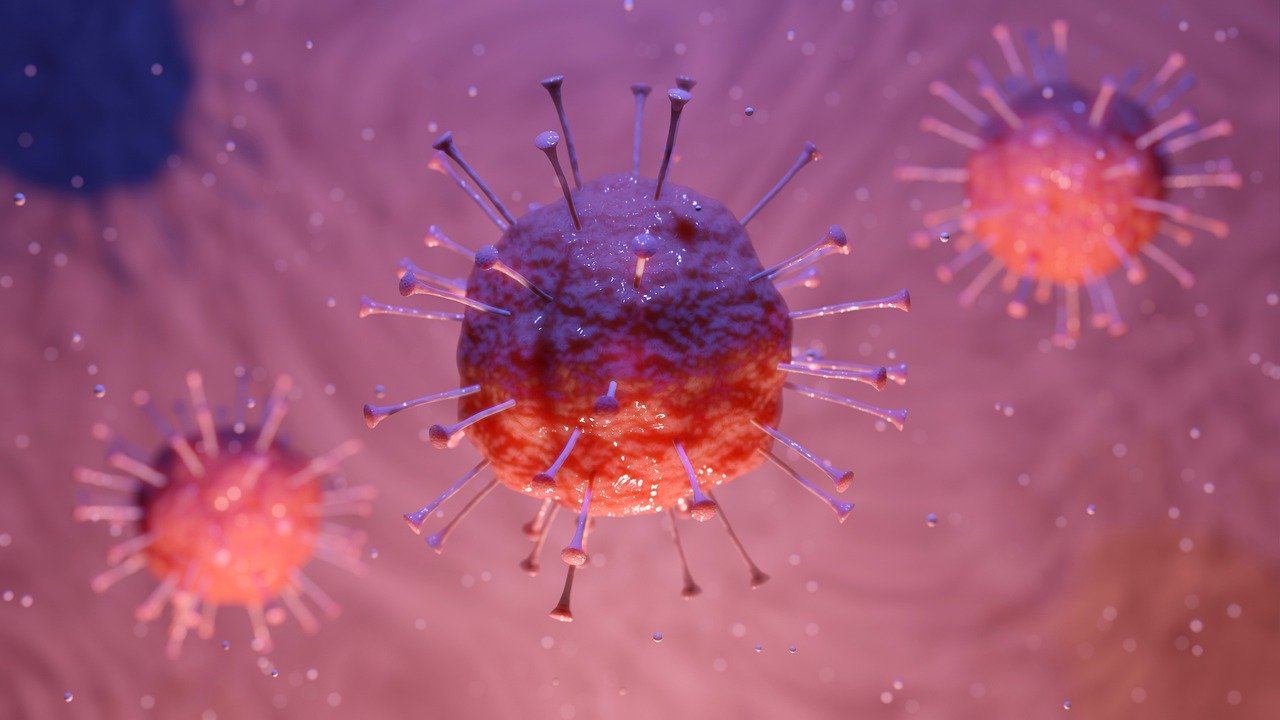
With over 1.3 billion people in Her bosom, the spread of coronavirus in India and India’s response mechanisms are being closely watched over by the rest of the world.
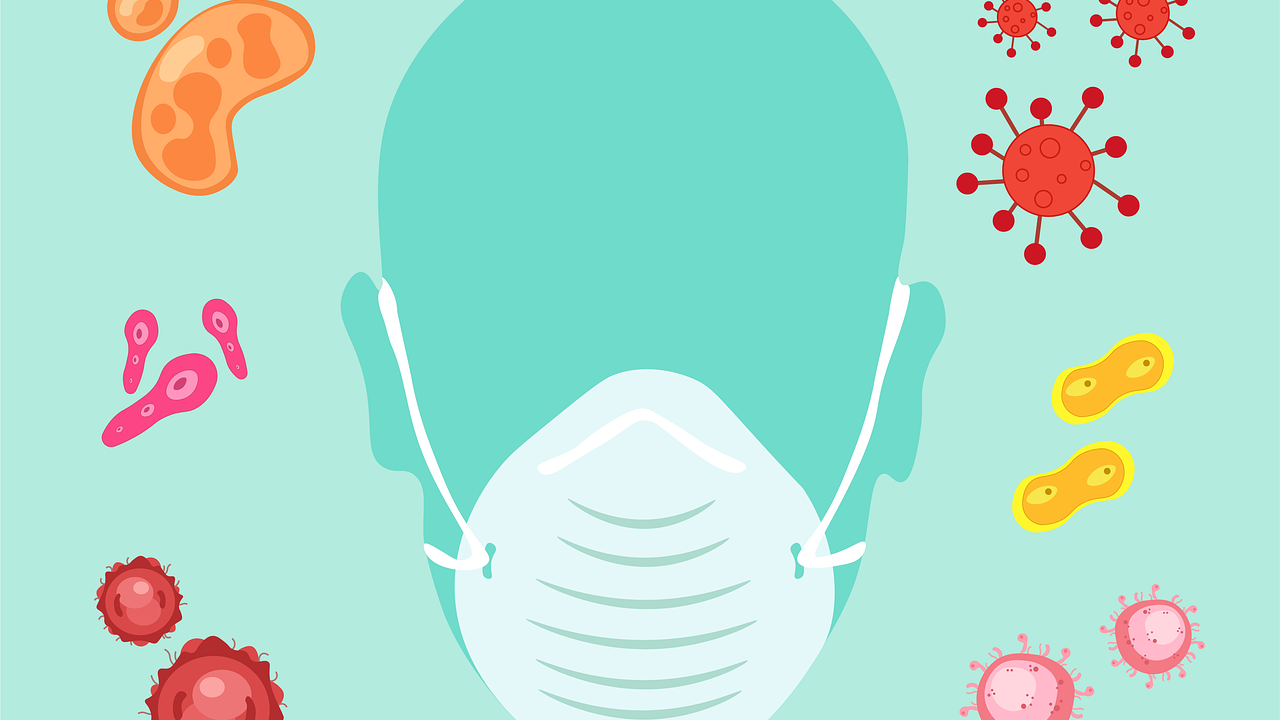

The COVID-19 pandemic is throwing up unique challenges for health systems. It presents particular challenges for patients who receive regular hemodialysis. These patients with damaged kidneys, also known as uremic patients, are particularly vulnerable to infection and may exhibit greater variations in clinical symptoms and infectivity.
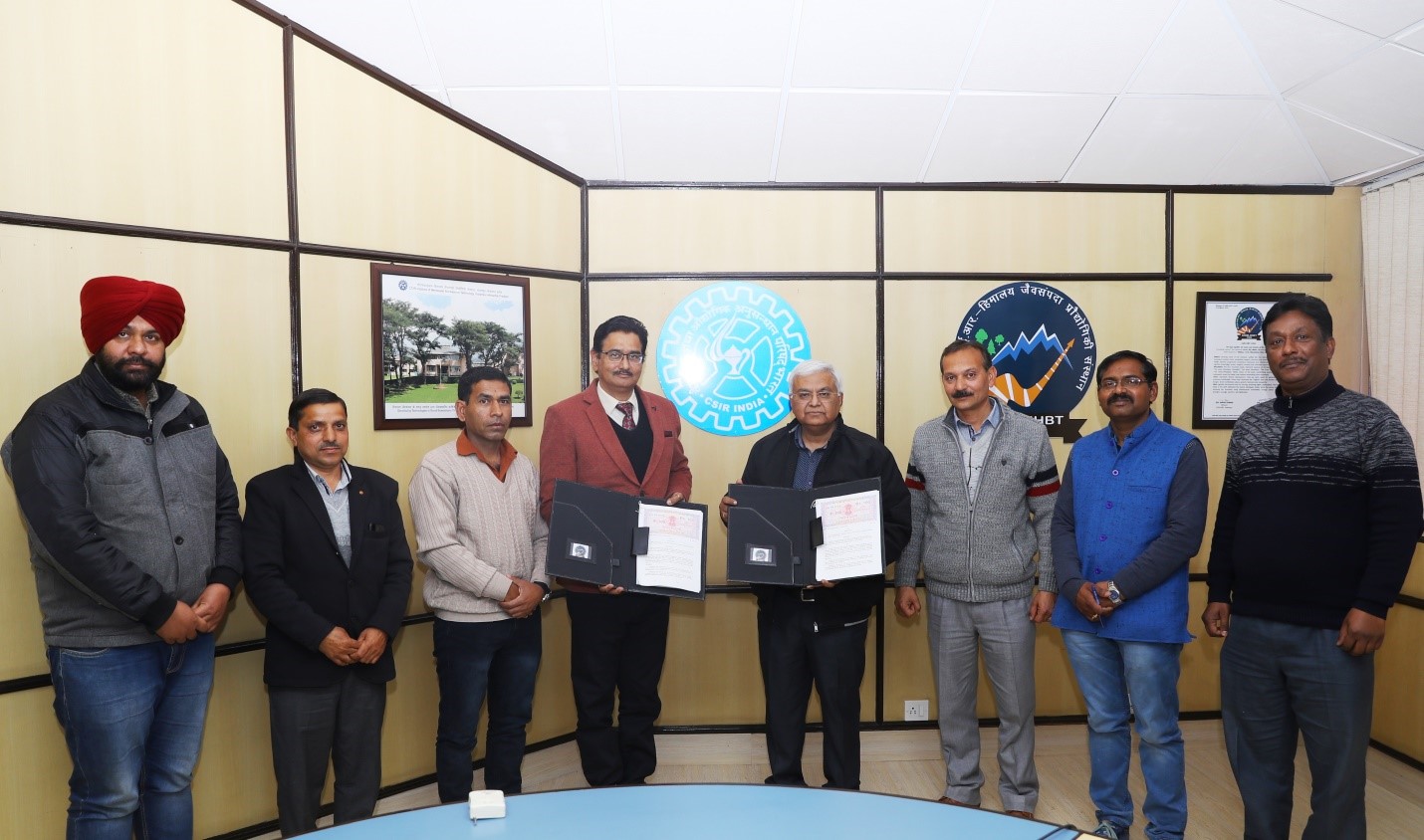
A new hand-sanitizer has been developed by the scientists of CSIR-Institute of Himalayan Bioresource Technology
Internet is huge! Help us find great content
Never miss a thing! Sign up for our newsletter to stay updated.
Research Stash is a curated collection of tools and News for S.T.E.M researchers
Have any questions or want to partner with us? Reach us at hello@researchstash.com